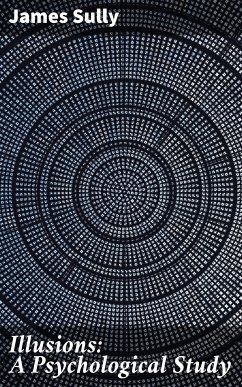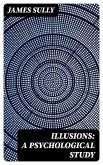In "Illusions: A Psychological Study," James Sully delves into the intricacies of human perception and experience, offering a profound exploration of the illusory nature of reality. Using a blend of empirical investigation and philosophical inquiry, Sully employs a clear and engaging literary style to dissect various forms of illusions'Äîvisual, auditory, and cognitive'Äîhighlighting how these phenomena shape our understanding of truth. The book situates itself within the context of late 19th-century psychology, a time when the scientific study of consciousness was burgeoning, and reflects prevailing themes in the exploration of mental phenomena. James Sully, a prominent figure in psychology and philosophy, was deeply influenced by the advancements in psychological theory occurring during his time. His own academic journey'Äîmoving through disciplines of philosophy and psychology'Äîprovided him with the tools to thoughtfully examine the relationship between perception and reality. Sully's commitment to science and introspection enabled him to appreciate how personal and societal factors contribute to the allure of illusions. This book is highly recommended for readers interested in psychology, philosophy, and the arts, as it not only challenges preconceived notions of reality but also invites readers to engage with their own perceptual experiences. Sully'Äôs insightful analysis serves as a valuable resource for anyone seeking to understand the complexities of human perception.
Dieser Download kann aus rechtlichen Gründen nur mit Rechnungsadresse in A, B, BG, CY, CZ, D, DK, EW, E, FIN, F, GR, H, IRL, I, LT, L, LR, M, NL, PL, P, R, S, SLO, SK ausgeliefert werden.









